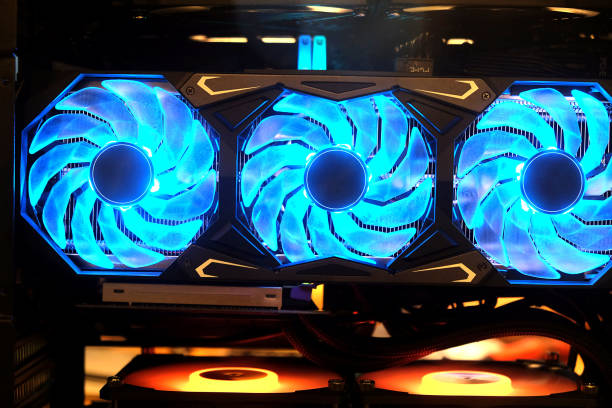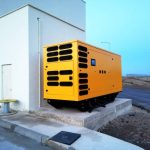Liquid Cooling Technology: Harnessing the Power of Advanced Heat Dissipation

The Advantages of Liquid Cooling over Air Cooling
Liquid cooling technology offers significant advantages over traditional air cooling methods, especially in high-performance computing and demanding applications. By utilizing a liquid coolant, heat is transferred more efficiently from components such as CPUs and GPUs. Compared to air cooling, liquid cooling provides superior heat dissipation capabilities, resulting in lower operating temperatures and improved performance.
How Liquid Cooling Works: A Closer Look at the Process
Liquid cooling systems consist of a network of tubes, a pump, a heat exchanger (commonly known as a radiator), and a block or plate that makes direct contact with the component generating heat. The liquid coolant, typically a mixture of water and additives to enhance performance and prevent corrosion, flows through the system, absorbing heat from the components. It then travels to the radiator, advanced cooling system where the heat is dissipated into the surrounding environment, and the cooled liquid returns to the starting point, ready to absorb more heat.
Liquid Cooling Solutions for CPUs and GPUs: Optimizing Performance
One of the most common applications of liquid cooling is for CPUs and GPUs in high-performance systems. As these components generate significant heat during intensive tasks, liquid cooling provides a more effective solution than air cooling. Liquid cooling solutions can include dedicated blocks or plates that directly contact the CPU or GPU, efficiently transferring heat away from the source. This allows for more stable and consistent performance, particularly when overclocking or running resource-intensive applications.
Liquid Cooling in Gaming PCs: Overclocking and Temperature Management
Gaming enthusiasts often turn to liquid cooling to unlock the full potential of their systems. Liquid cooling allows for higher levels of overclocking, enabling CPUs and GPUs to operate at increased frequencies without the risk of overheating. By efficiently dissipating heat, liquid cooling helps maintain stable temperatures, prolonging the lifespan of components and reducing the risk of thermal throttling. This results in smoother gameplay, improved frame rates, and an enhanced gaming experience.
Liquid Cooling in Data Centers: Efficiency and Energy Savings
Data centers, with their dense server configurations and high heat generation, can greatly benefit from liquid cooling technology. Liquid cooling solutions enable efficient heat dissipation, allowing data centers to maintain optimal operating temperatures for servers and reduce the need for excessive air conditioning. By minimizing energy consumption for cooling purposes, liquid cooling helps improve overall energy efficiency and reduce operational costs in data center environments.
Visit our site: https://southreport.com/
Liquid Cooling for High-Performance Computing (HPC) Systems: Managing Heat
High-performance computing (HPC) systems, used in scientific research, simulations, and data analysis, often require exceptional cooling capabilities. Liquid cooling excels in managing the intense heat generated by HPC systems, ensuring consistent performance and preventing thermal throttling. By effectively dissipating heat, liquid cooling enables HPC systems to tackle complex computations and deliver reliable results in critical scientific and computational tasks.
Liquid Cooling and Noise Reduction: Quieter Operation
In addition to its superior heat dissipation capabilities, liquid cooling technology can contribute to a quieter computing experience. Compared to traditional air cooling setups with multiple fans, liquid cooling systems operate with fewer fans or even fanless designs. This reduction in fan noise significantly enhances the acoustic environment, making liquid cooling a preferred choice for users who prioritize a quiet computing environment.
Liquid Cooling Maintenance: Ensuring Long-Term Reliability
While liquid cooling offers numerous benefits, proper maintenance is essential for long-term reliability. Regular maintenance includes monitoring coolant levels, checking for any leaks, cleaning or replacing filters, and ensuring proper pump functionality.








